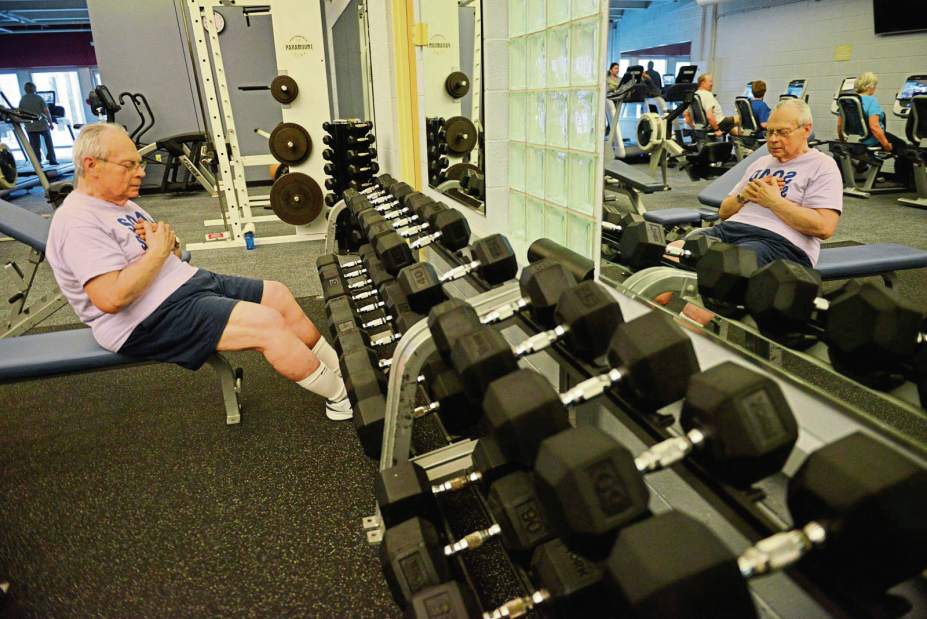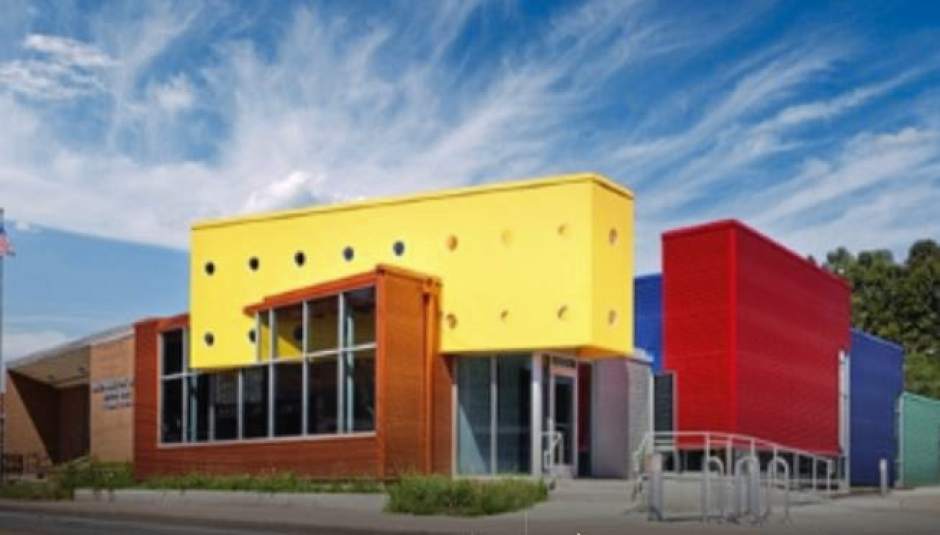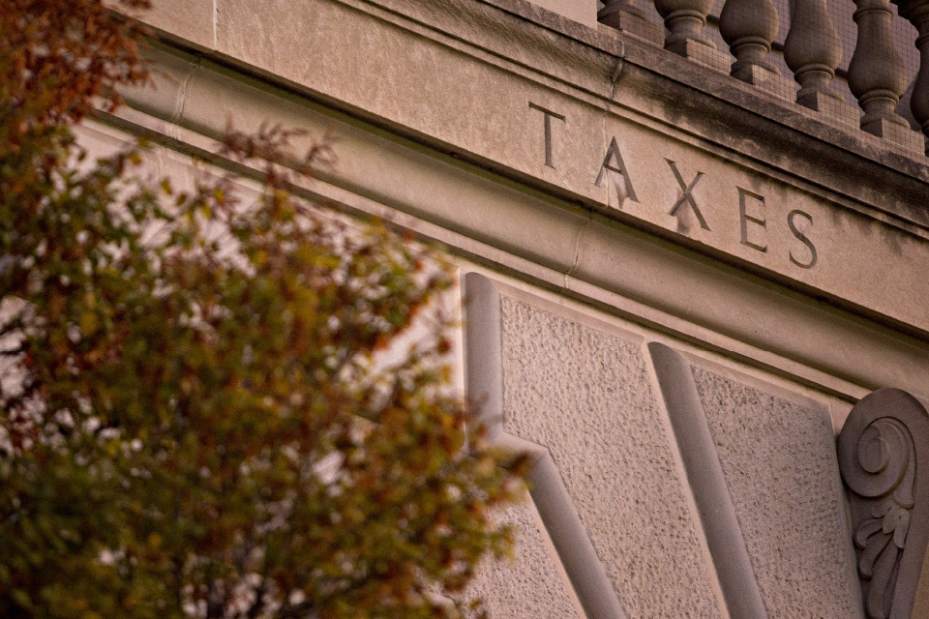Aside from the new convention center, if you think there's not much happening in Pittsburgh architecturally, you'd better think again.
All around the city, and the region for that matter, some amazingly progressive projects are under way. Many of them are featured in the new exhibition "Pittsburgh Platforms: New Projects in Architecture and Environmental Design," which opens today at The Heinz Architectural Center at the Carnegie Museum of Art.
These 21st-century endeavors are by Pittsburgh-based or Pittsburgh-trained architects, engineers, landscape designers and artists.
"The rule was that people have to be from Pittsburgh or have strong Pittsburgh connections," says Raymund Ryan, curator of The Heinz Architectural Center, who organized the exhibition in 10 weeks after plans were canceled for a summer showing of a traveling exhibit on the work of the Swiss firm Herzog & de Meuron.
That exhibition would have taken up more space than what is available in the architecture galleries and at significant cost. Instead, this new exhibition is a win-win opportunity that saves the museum some money and offers its visitors a chance to see some unusual and exciting projects that are happening in and around Pittsburgh.
The exhibition actually begins outside of the Heinz Architectural Center, near its entrance off of the museum's Hall of Sculpture. There, hangs a suspended sculpture by Carnegie Mellon University trained architects Goil Amornvivat and Can M.A. Tiryaki, and their Yale grad school associate Thomas Morbitzer. It features images of religious or spiritual buildings in Pittsburgh and the world at large.
Inside, visitors can grab a map of the exhibition that will guide them through five loosely organized categories -- home, work, engineering, landscape and culture -- that have been defined from a total of 19 projects, each displayed on their own platforms.
"They are intended as both physical platforms and as platforms for the introduction, display and dispersal of visionary ideas," Ryan says. The platforms display drawings, photographs, models and the like.
Even material samples and other objects that relate specifically to the projects are included. Architect Gerard Damiani's platform, for example, includes a piece of the weathered corrugated steel similar to that which sheaths his living and work space he designed and built in the South Side flats.
"The view from the terrace is amazing." Ryan says about Damiani's home, which offers a rooftop terrace with views of Downtown and up the Monongahela River. "It really is a kind of prototype to be able to show to people that if you live in the city you can still have this amazing outdoor space."
Opposite Damiani's presentation is that of Julian Kinal, a young architect who, instead of building his own home, altered the interior of his Squirrel Hill apartment by building modular plywood units that, together, create a unique modernist-inspired environ in an otherwise bland space.
"The entire thing can be disassembled in 36 hours," Ryan says about the interior design comprised of portable plywood units. Part of it, a bookshelf, is included in Kinal's display.
Another unusual home featured is architect Eric Fisher's house in Shadyside. Not yet built, the planned project will make use of an otherwise neglected space in the center of a block of homes off Aiken Avenue. Fisher's display includes an entire mock up model of the block with his home in the center.
More public projects on display include:
Included with the latter, which is a structure that incorporates an existing Victorian-era house and a former car dealership, are three representative examples of what will be housed and displayed in that museum: porcelain, jade and ivory sculptures.
But perhaps most unusual, at least for what is largely an architectural exhibit, is a display of parts and plans for Kennywood Park's The Phantom's Revenge roller coaster.
Conceived by Kennywood Entertainment's chairman of the board, Harry Henninger Jr., what is interesting about the coaster -- other than its ingenious topographical integration that allows for a 232 foot drop -- is "this also is a kind of recycling project," Ryan says. "To make the Phantom's Revenge, they were able to reuse many parts of the old Steel Phantom system."
And that, Ryan says, also hints at an underlying theme to this exhibition:
"There's definitely a theme here of reuse," he says. "Reuse is a very big theme of many of the projects in this exhibition."
Considering that most of these projects make the old new again, the exhibition houses many exceptional examples of the kind of progressive thinking that is needed to propel Pittsburgh, and the region, into the 21st century.
Additional Information:
Details
'Pittsburgh Platforms: New Projects in Architecture and Environmental Design'







